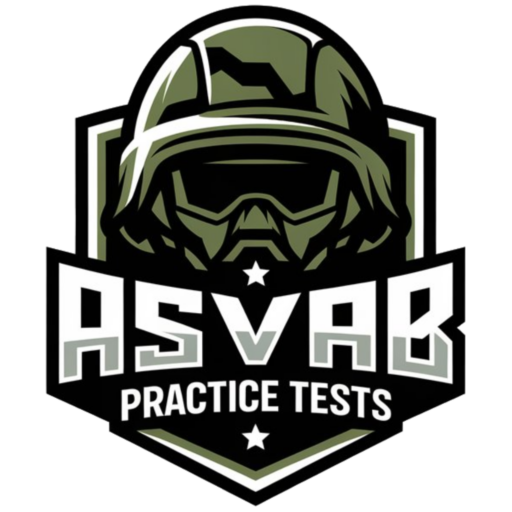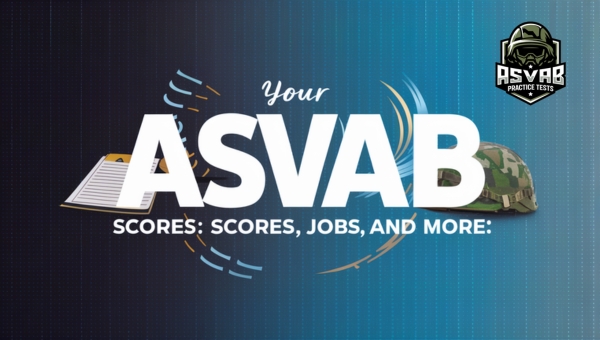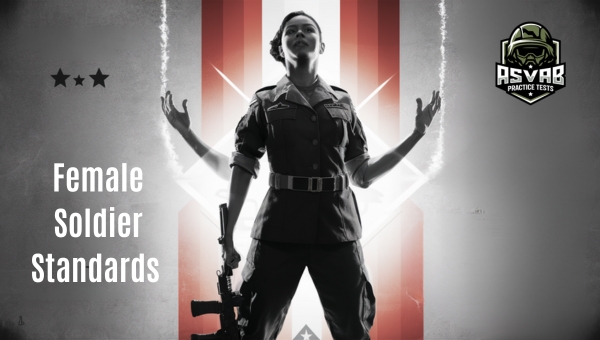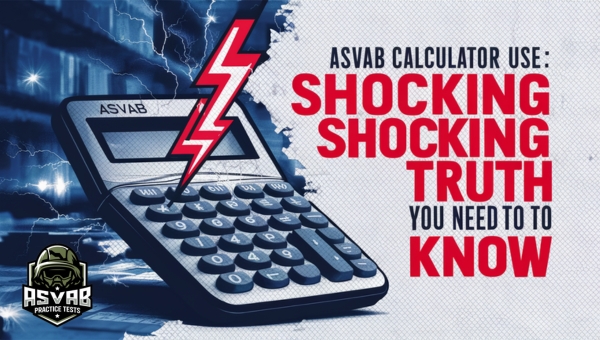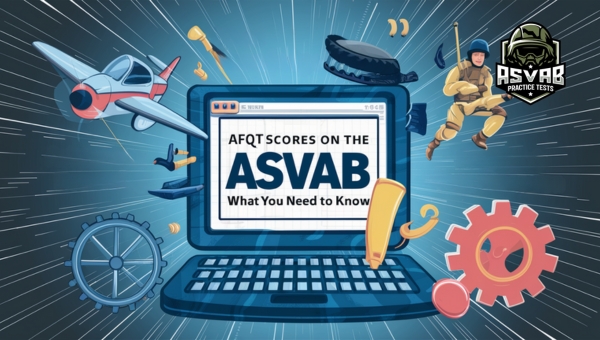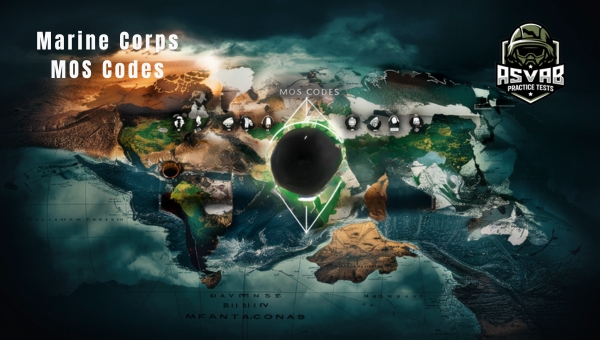The ASVAB Career Exploration Program-Open Up Your Future
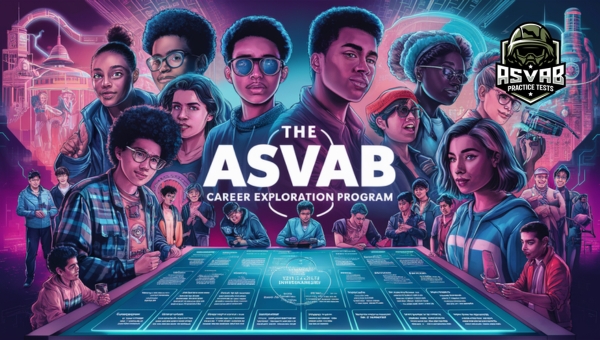
Are you ready to uncover the future of your dreams? The ASVAB Career Exploration Program is your gateway to discovering the career paths that align with your unique talents and interests. In this article, we’ll delve into the comprehensive aspects of this program, explain its numerous benefits, and guide you through how it works.
From career exploration and skills assessment to educational guidance and resources for students, we’ve got you covered. Whether you’re curious about top military careers or need help interpreting your scores, this article will provide the insights you need. Dive in and unlock your potential today!
Overview of the ASVAB Career Exploration Program
The ASVAB Career Exploration Program is a comprehensive tool designed to help students discover their career interests and aptitudes. It offers a unique combination of career exploration and skill assessment, making it a valuable resource for high school students.
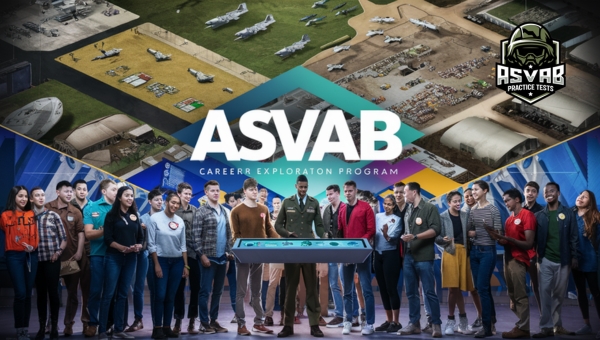
The program includes the ASVAB test, which measures abilities in areas like math, science, and verbal skills.
One of the key features is its ability to match students’ strengths with potential career paths, providing a clear roadmap for future endeavors. Additionally, the program offers educational resources and career counseling to support informed decision-making.
This holistic approach ensures that students are well-prepared to make choices about their educational and career futures.
Benefits of the ASVAB Career Exploration Program
The ASVAB Career Exploration Program offers a range of benefits designed to help students make informed decisions about their future.
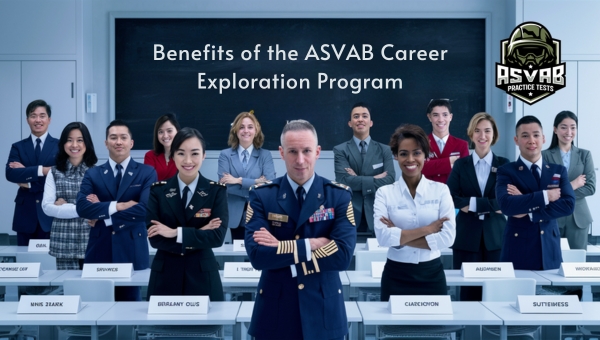
This program is a valuable tool for career exploration, skills assessment, and educational guidance. It provides a comprehensive approach to understanding individual strengths and aligning them with suitable career paths.
Career Exploration
The ASVAB Career Exploration Program helps students delve into different career opportunities by assessing their interests and skills. By taking the ASVAB test, students receive a detailed report that highlights careers matching their personal strengths and preferences.
This information is crucial for identifying suitable career paths, ensuring that students are well-prepared for their future endeavors.
Skills Assessment
The skills assessment component of the ASVAB Career Exploration Program is designed to help students understand their unique capabilities. It evaluates a range of skills, including verbal, math, and technical skills.
By identifying these strengths, students can gain a clearer understanding of their abilities and how they align with various career options. This insight is invaluable for making informed career choices.
Educational Guidance
The program provides a wealth of educational resources and guidance to support students in making well-informed decisions about their education and career paths.
Some of the key offerings include:
- Access to Career Counselors: Professional guidance to help interpret ASVAB scores and discuss potential career paths.
- Online Tools: Interactive tools and resources available on the ASVAB website to explore different careers and their requirements.
- Educational Workshops: Sessions that provide insights into various industries and the skills needed to succeed in them.
- Information on Training and Education: Details about the necessary training and educational requirements for different career fields.
- Personalized Reports: Tailored reports that match students’ skills and interests with potential career options.
These resources ensure that students are well-equipped to make decisions that align with their strengths and career aspirations.
How the ASVAB Career Exploration Program Works?
The ASVAB Career Exploration Program helps students figure out their career paths. It includes various testing components to assess skills and interpret scores for career guidance. Additionally, the program offers resources like online tools and career counselors to assist students.
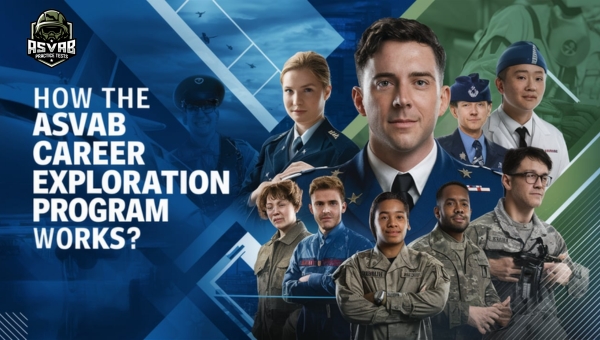
Testing Components
The ASVAB test is made up of several sections that evaluate different skills. These sections include:
- General Science: Measures knowledge in physical and biological sciences.
- Arithmetic Reasoning: Assesses ability to solve arithmetic word problems.
- Word Knowledge: Tests vocabulary and understanding of word meanings.
- Paragraph Comprehension: Evaluates ability to understand written information.
- Mathematics Knowledge: Measures knowledge of mathematical concepts and applications.
- Electronics Information: Tests knowledge of electrical equipment and concepts.
- Auto and Shop Information: Assesses knowledge of automotive maintenance and repair, as well as wood and metal shop practices.
- Mechanical Comprehension: Measures understanding of mechanical and physical principles.
- Assembling Objects: Tests spatial abilities through visual puzzles.
Each section is designed to provide insights into a student’s strengths and potential career fields. By analyzing these components, students can identify areas where they excel and explore related careers.
Interpretation of Scores
Scores from the ASVAB test are crucial for career guidance. Here’s how they are interpreted:
- AFQT Score (Armed Forces Qualification Test): This score determines overall eligibility to enlist in the military. It is derived from four sections: Arithmetic Reasoning, Mathematics Knowledge, Paragraph Comprehension, and Word Knowledge.
- Composite Scores: These scores are grouped into various categories to help identify strengths in specific fields. For example:
- Mechanical Maintenance: Combines scores from Mechanical Comprehension, Auto and Shop Information, and Electronics Information.
- Clerical: Includes scores from Word Knowledge, Paragraph Comprehension, and Arithmetic Reasoning.
- Electronics: Focuses on scores from Electronics Information and General Science.
- Career Exploration Scores: These scores help students explore different career options based on their abilities and interests.
Interpreting these scores allows students to understand their aptitudes and align them with potential career paths, making informed decisions about their future.
Resources for Students
The ASVAB Career Exploration Program offers a wealth of resources to help students:
- Online Tools: Students can access a variety of online tools, including career exploration websites, which provide detailed information on different careers, required education, and job outlook.
- Career Counselors: Trained career counselors are available to help students understand their scores, explore career options, and make informed decisions about their education and career paths.
- Educational Materials: The program provides materials such as guides and handbooks to aid in career planning.
- Workshops and Seminars: Some schools offer workshops and seminars that focus on interpreting ASVAB scores and exploring career options.
By utilizing these resources, students can gain a comprehensive understanding of their strengths and potential career paths, ensuring they make well-informed decisions about their future.
Top Military Careers
Exploring military careers can be an enlightening journey for those considering a path in the armed forces. The military offers a variety of roles, each with unique responsibilities and opportunities for growth.
Below, we’ll delve into some of the top military careers, highlighting their significance and what they entail.
1. Infantry Soldier
An Infantry Soldier serves as the backbone of the Army. They are responsible for ground combat, engaging enemies, and securing territories. Key duties include:
- Conducting patrols
- Defending positions
- Engaging in direct combat Infantry soldiers must be physically fit and mentally resilient.
2. Military Police
Military Police (MP) officers maintain law and order within the military community. They perform tasks such as:
- Investigating crimes
- Managing traffic control
- Providing security for bases and personnel MPs play a crucial role in maintaining discipline and safety.
3. Medic
Medics provide essential medical care on the battlefield and in military facilities. Responsibilities include:
- Administering emergency medical treatment
- Assisting in surgeries
- Managing medical supplies Medics must be quick thinkers and skilled in various medical procedures.
4. Intelligence Analyst
Intelligence Analysts gather and analyze data to support military operations. Their work involves:
- Interpreting intelligence reports
- Identifying threats
- Providing actionable insights to commanders This role requires strong analytical skills and attention to detail.
5. Pilot
Military Pilots operate various aircraft, conducting missions ranging from combat to transport. Key tasks include:
- Flying reconnaissance missions
- Transporting troops and equipment
- Engaging in aerial combat Pilots need extensive training and a high degree of technical expertise.
6. Cyber Operations Specialist
As technology advances, Cyber Operations Specialists are increasingly vital. They protect military networks and systems. Duties include:
- Monitoring and defending against cyber threats
- Conducting cyber warfare operations
- Implementing cybersecurity measures This role demands proficiency in IT and cybersecurity.
7. Engineer
Military Engineers design and build infrastructure for military operations. Their responsibilities cover:
- Constructing bases and fortifications
- Demolishing obstacles
- Managing construction projects Engineers must have strong problem-solving skills and technical knowledge.
8. Logistics Specialist
Logistics Specialists ensure that military operations run smoothly by managing supplies and equipment. Key functions:
- Coordinating transportation of goods
- Overseeing inventory
- Ensuring timely delivery of supplies This role requires organizational skills and attention to detail.
9. Communications Officer
Communications Officers maintain and operate communication systems. Their tasks include:
- Setting up communication networks
- Ensuring secure transmission of information
- Troubleshooting communication issues Effective communication skills and technical know-how are essential.
10. Special Forces
Special Forces soldiers undertake high-risk missions that require specialized skills. Responsibilities include:
- Conducting covert operations
- Engaging in counter-terrorism activities
- Providing training to allied forces Special Forces soldiers undergo rigorous training and must be adaptable.
Each of these careers offers unique challenges and rewards, providing individuals with opportunities to grow and serve their country in meaningful ways. Whether you are interested in direct combat roles or support positions, the military has diverse paths to suit various skills and interests.
Conclusion
The ASVAB Career Exploration Program is an invaluable tool for students and individuals seeking to understand their career paths better. It offers comprehensive resources, from skills assessment to educational guidance, ensuring that participants make informed decisions about their futures.
By interpreting ASVAB scores, students can identify their strengths and align them with suitable career options, including top military careers. This program not only aids in career exploration but also empowers individuals with the knowledge and resources needed to succeed.
